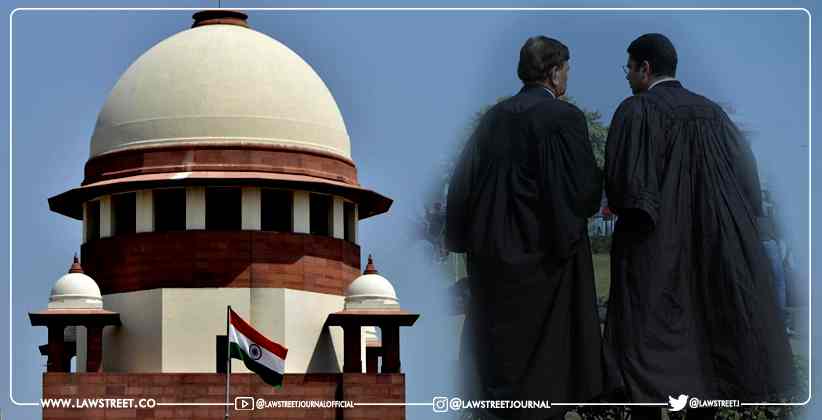Recently, the Supreme Court suggested that there should be a time limit applied on the oral hearing of cases by lawyers. It was also proposed that written submissions, as well as judgments, should be to the point and not very long.
As per the Apex Court, these changes will help in saving the time of the judiciary and also aid the timely dispensation of justice to the litigants. Time has come to part with old ways, the court remarked. However, the lawyer community remained divided in their opinion on the same.
While some expressed agreement with the Supreme Court, others opposed the move. In this regard, two well-known lawyers - Mahalakshmi Pavani and Himanshu Shekhar have expressed their opinions in depth. Lets know their views below:
Is Fixing the Time Limit a helpful measure for litigants?
Time limit will certainly make a difference, noted Himanshu Shekhar, Advocate-on-record, Supreme Court. Submission of arguments in a time-bound manner would enhance the confidence of litigants. The move will also save them money and time. Such speedy disposal of cases would satisfy the litigants, he added.
However, stating quite the opposite, Mahalakshmi Pavani, Advocate-on-record, Supreme Court, said that that the time limit will not be of any help to the litigants. Expressing concern, she noted, Litigants should not have the feeling that their case will not be heard properly. The move may result in lawyers not putting in enough effort to get justice to their clients.
Is it possible for a lawyer to conclude the argument in a definite time frame?
Commenting on whether it is indeed possible for lawyers to conclude their arguments within a time limit, Shekhar stated that it depends entirely on the complexity and volume of evidence of the case. It should be left to the honorable courts to allocate a time period in each case, he noted.
While furthering the point that no time limit should be added for cases, Savani mentioned that Lawyers will have to place judgments in cases of complexity. Seasoned lawyers usually inform courts about the time, she added.
Ideally, arguments should not be repeated, and in the case of young lawyers, the courts could instruct them to keep it short if there is such repetition. Savani also remarked that it is only in complex constitutional matters that lawyers usually take time to complete their arguments.
What else could be done for speedy justice to a litigant?
Various factors result in delayed justice to the litigant. Shekhar pointed out that a better judicial structure and increasing the number of judges could help solve this to a great extent. Artificial intelligence should also be integrated into the judicial system, he added.
In conclusion, however, Savani said that the time limit theory should not be applied, and if it is, it should also be applicable to the judges. Justice should be delivered in the smallest time frame, and Judges should write short judgments, she said while adding that adjournments should also be curtailed and only given in extreme cases.
Lastly, she pointed out that the vacancies in the Supreme Court should be filled up for faster and better functioning of the judiciary.
What are your thoughts on the time limit suggested by the Apex Court? Let us know in the comments below.









